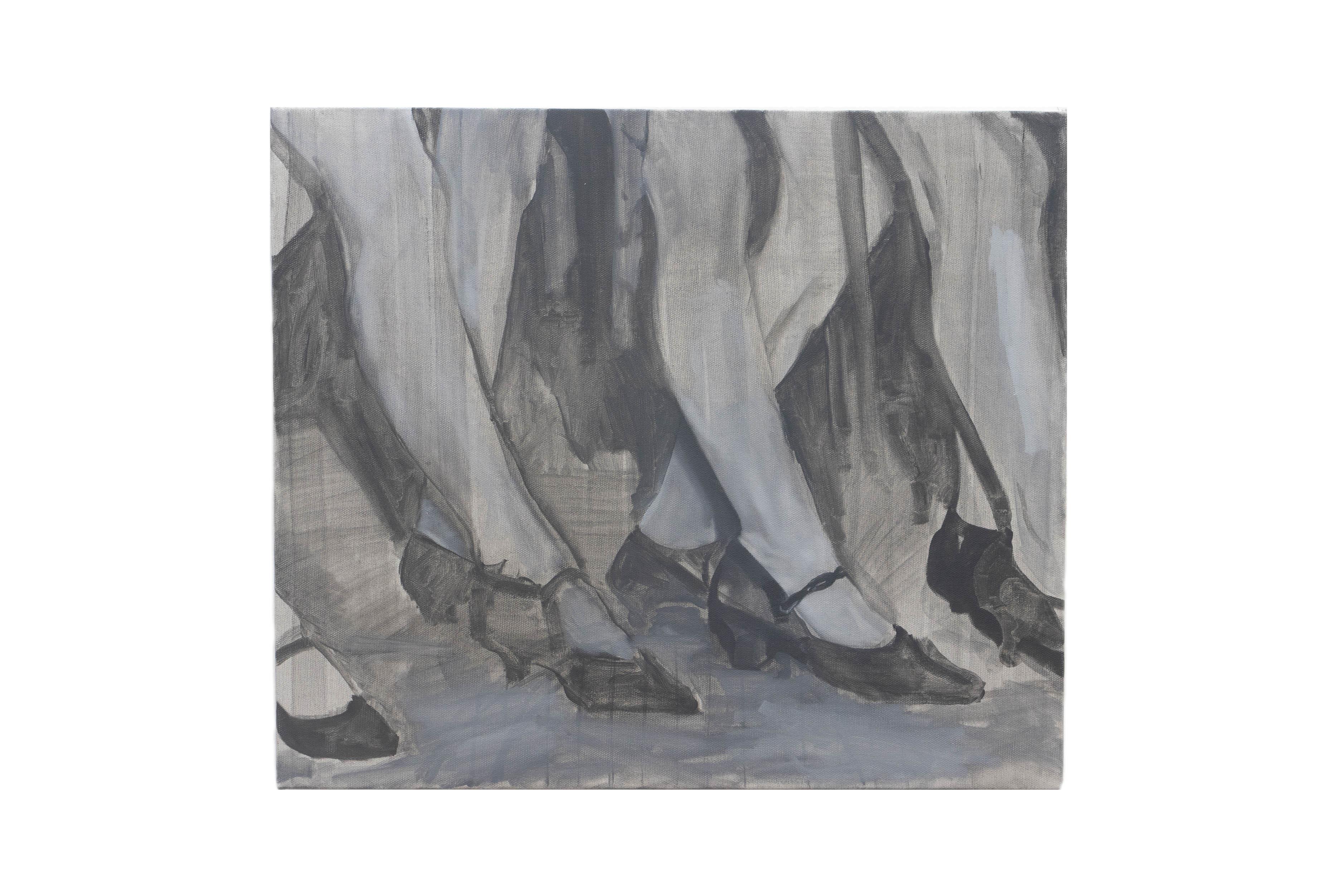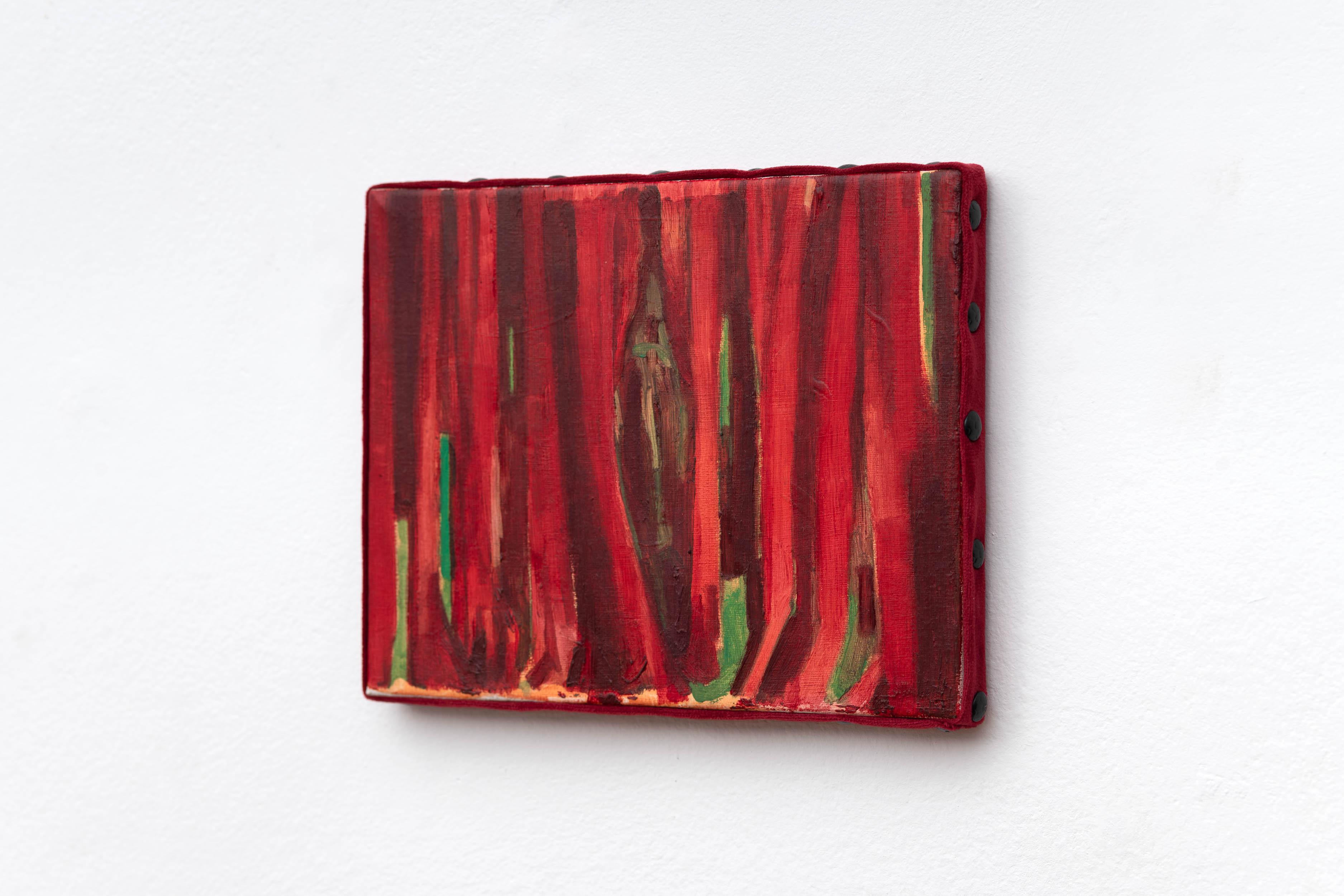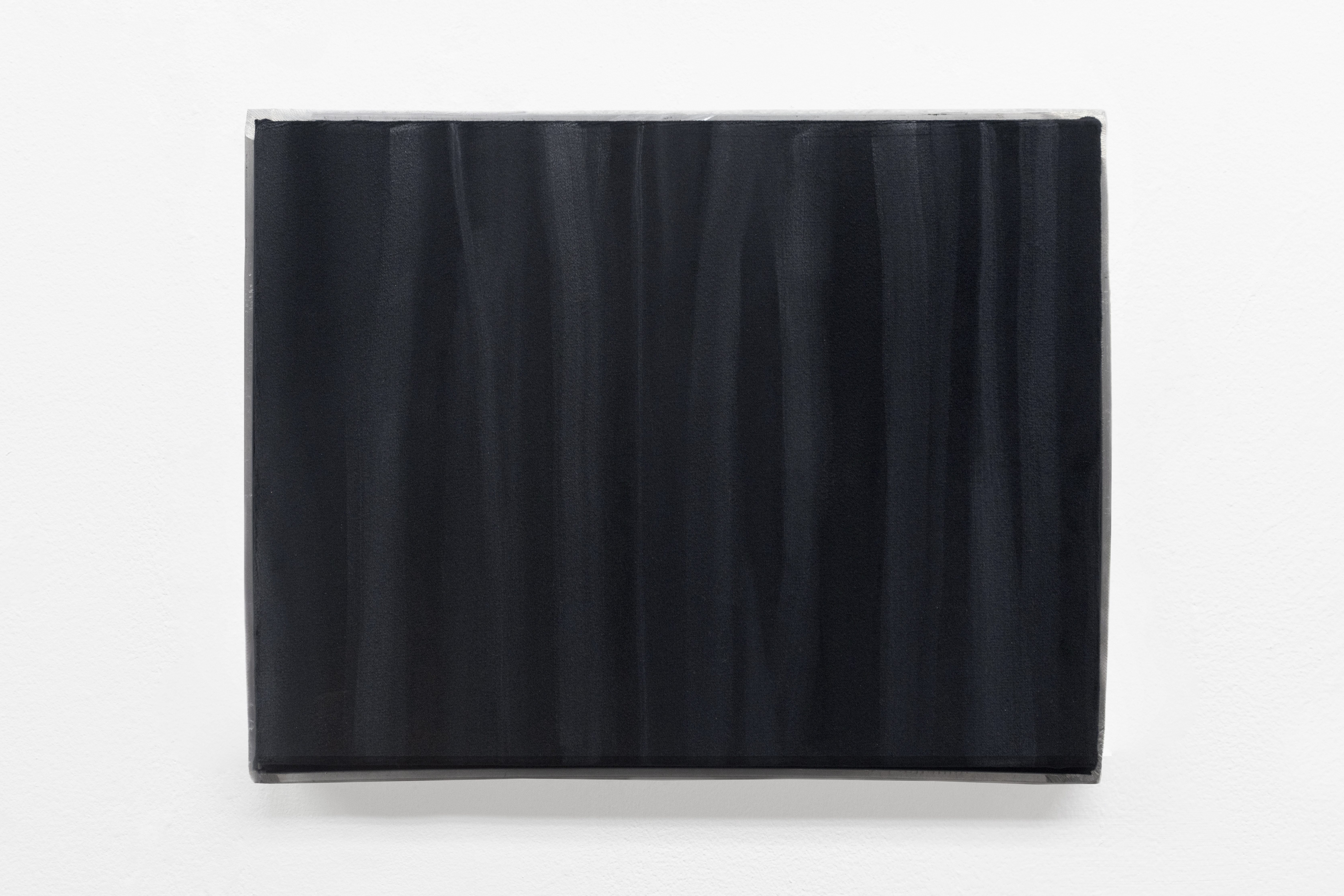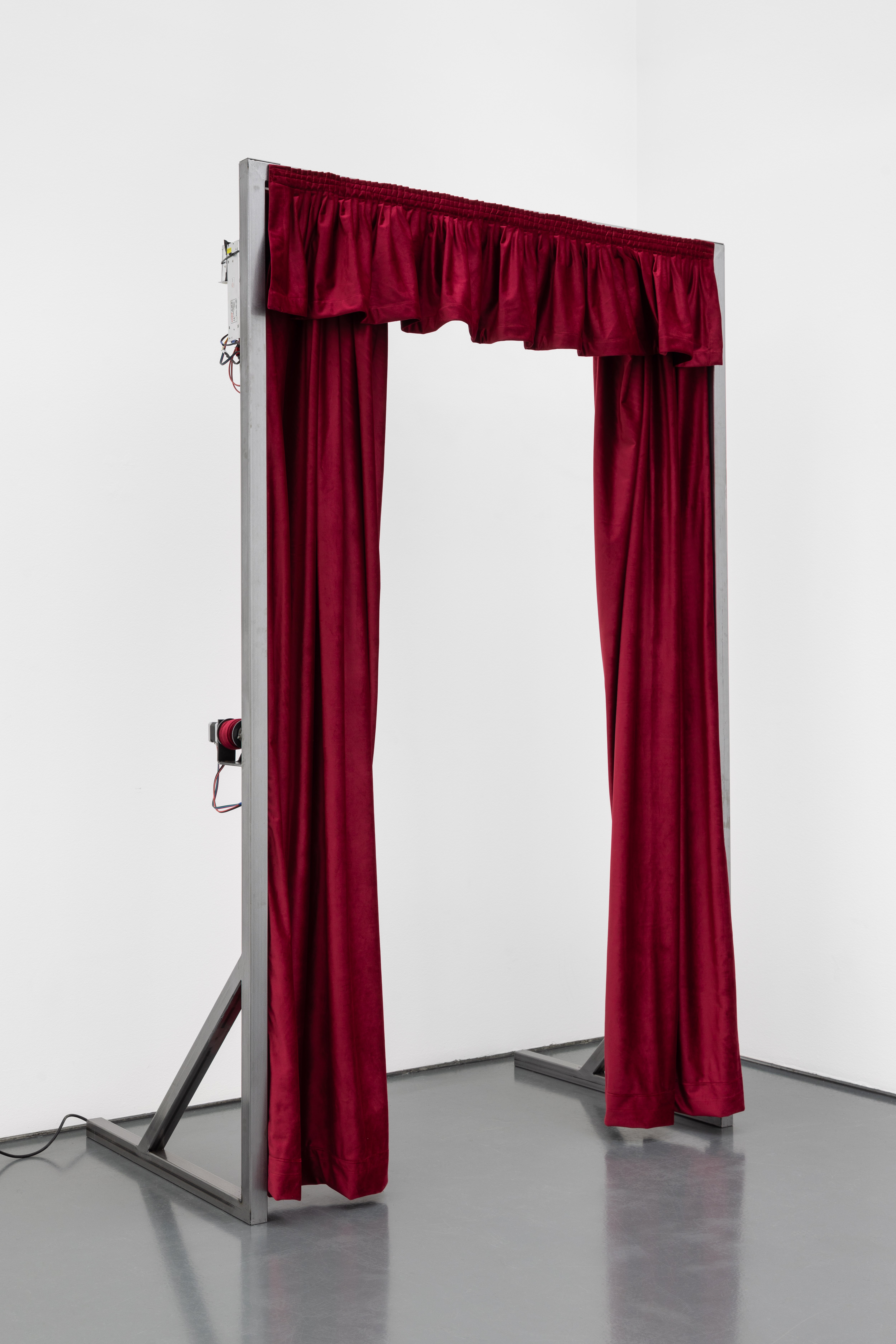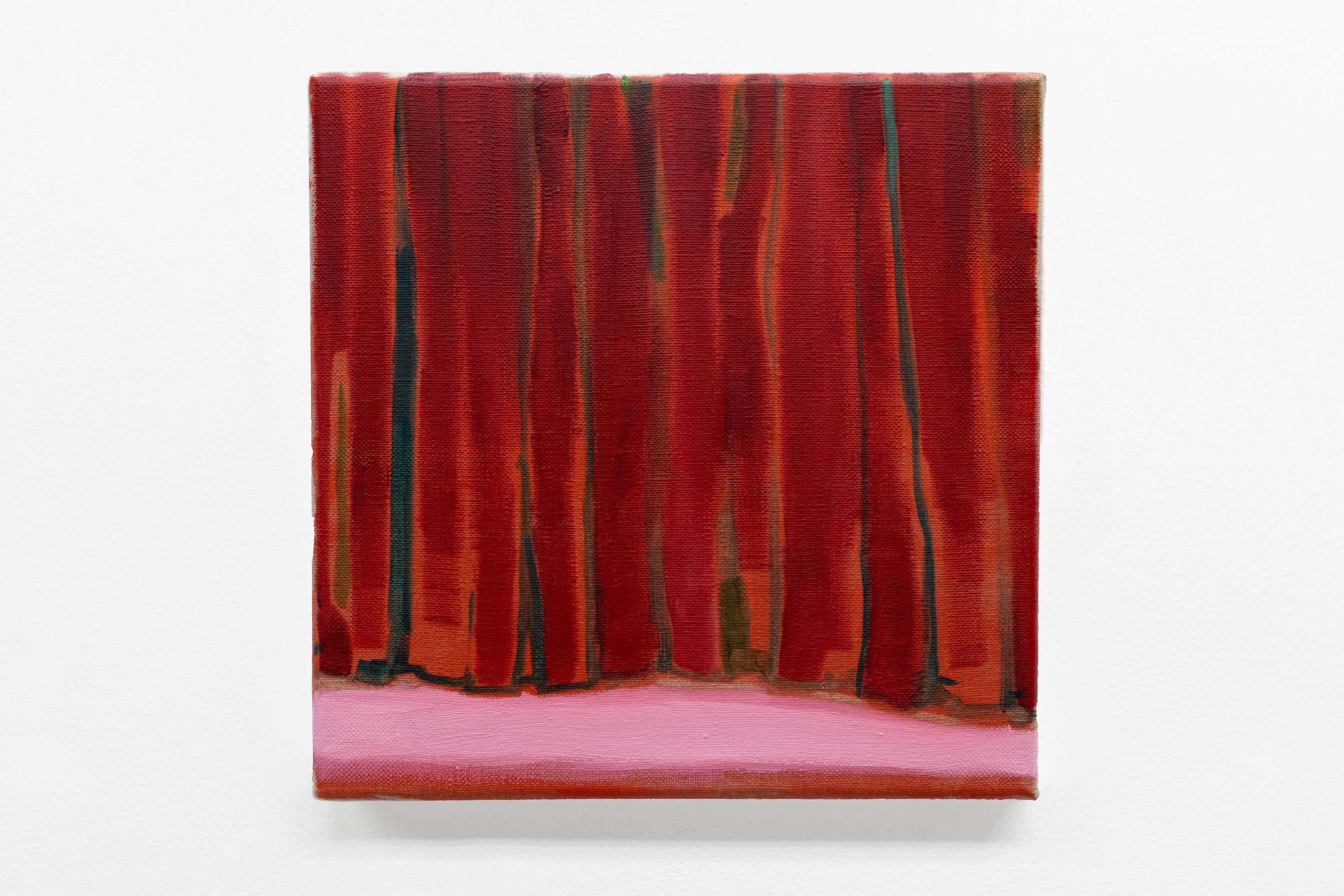Ilê Sartuzi
Ilê Sartuzi
Ilê Sartuzi (1995, lives and works between London and São Paulo) is an artist who graduated from the University of São Paulo (USP) and now pursues his MFA at Goldsmiths, University of London. His research involves sculptural objects, mapped video projections, installations, and theatrical plays addressing issues related to the idealized image of the body – which is often fragmented or constructed from different parts, but also the absence of such figure in proto-architectural and digital spaces. An interest in the dramatic arts in recent years has given a theatricality to his objects and installations which are animated by mechanical movements and interpret dramaturgy and choreographies.
Sartuzi has participated in exhibitions at some of the most important institutions in Brazil, such as Pinacoteca do Estado de São Paulo (2021, 2023); auroras (2021); Videobrasil (2021); Museu Oscar Niemeyer (2022); Bienal SUR (2021); Instituto Moreira Salles (2020); SESC (Pompéia, 2022; Pinheiros, 2022; Ribeirão Preto, 2019; Distrito Federal, 2018); CCSP – Centro Cultural São Paulo (2018); MAC-USP Museu de Arte Contemporânea (2017); Museu de Arte de Ribeirão Preto (2020; 2017; 2015); Galeria Vermelho (2017; 2018, 2019); all three in collaboration with the research group After the End of Art, which he has been part of from 2015 to 2021. Sartuzi presented theatrical plays, performing mapped video projections in spaces such as Oficina Oswald de Andrade (2018, 2020); Itaú Cultural (2019); Container Theater (2019), and TUSP (2019). Working for more than a year on a specific project, he presented his play with absent actors “hollow head doll’s foam” at Firma (São Paulo, 2019) and later premiered the play at SESC Pompéia (São Paulo, 2022). His work is in public and private collections including that of Pinacoteca do Estado de São Paulo, Instituto PIPA, Coleção Moraes-Barbosa, and Videobrasil. He received the PIPA Award (Brazil, 2021), the prize at the Bienal de Artes Mediales (Chile, 2022), and has been nominated twice for the CIFO-Ars Electronica award (USA-Austria, 2022-2023).

